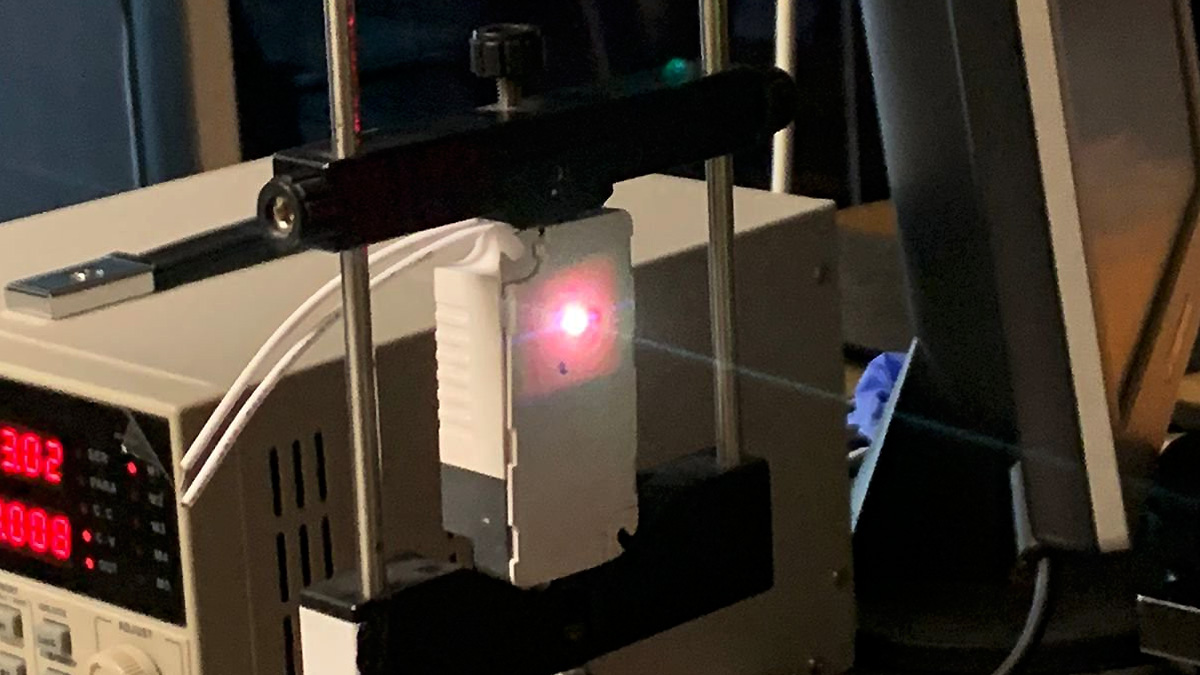
Mawari, the Tokyo-based pioneer in decentralized content delivery, has raised $10.8 million in strategic funding to scale its spatial computing capabilities. Mawari’s plan is to build a network of servers to enable real time spatial content at scale, without apps.
The decentralized network will be tokenized to support the network of nodes through the globe. Anfield LTD, Borderless Capital, and 1kx led the round, with notable contributions from investors such as Animoca Brands, Blockchange Ventures, and Samsung Next. Founded in 2017 by CEO Luis Oscar Ramirez and CTO Aleksandr Borisov, Mawari has focused on overcoming the technical bottlenecks that plague immersive content delivery.
Their solution leverages decentralized physical infrastructure networks (DePIN) and split rendering technology to efficiently stream high-quality 3D content to devices like the Apple Vision Pro and Meta Quest 3. As the company has grown, its client list has expanded to include KDDI, Netflix, BMW, and many others. Mawari’s recent funding round will fuel the next phase of their ambitious plans: scaling their decentralized network.
In addition, Mawari will continue improving its Spatial Streaming SDK, and invest in R&D, and opening new markets. The next step for Mawari is a “node license sale.” Mawari is turning to community-run nodes to expand its compute power.
"We realized that centralized cloud providers, such as AWS, couldn’t scale our technology to handle the immense compute demands for 3D streaming at the level we need,” said Ramirez in an interview. The node license sale is a central component of this strategy. Participants, ranging from individuals to enterprise data centers, can purchase licenses to run Mawari’s node software.
These nodes will contribute computing power to the Mawari Network, which is optimized for spatial computing tasks such as rendering and streaming complex 3D content in real time. “This decentralized approach allows us to bypass the limitations of traditional cloud networks while offering resilient, scalable, real-time 3D streaming solutions for AR, VR, and other spatial computing applications,” Ramirez said. Mawari’s node-based system includes three types of licenses: Spatial Streamer nodes, which handle the computational heavy lifting.
Guardian nodes, which ensure the integrity and accuracy of the data being processed, and Pulse nodes, which serve as netcheckers that help stress test the network, sample immersive content, and simulate the future tens and hundreds of millions of native spatial computing devices coming onto Mawari Network. These nodes work together to enable a decentralized network that is not only scalable but also more resilient than traditional centralized infrastructure. "It's a hybrid model," says Ramirez, "We’ll have data centers contributing significant power, but also smaller, consumer-level nodes offering a more distributed approach.
This allows us to provide the resilient, high-quality, low-latency service that immersive experiences require." During the upcoming node sale, participants will be able to purchase licenses for the Guardian nodes. Investors are excited about Mawari’s potential.
Sean Carey, co-founder of Helium and partner at Borderless Capital, believes the company is uniquely positioned to tackle the scalability challenges of spatial computing. “Mawari has been quietly building for seven years, and their technology is at a tipping point. Decentralizing their network through node licenses is a game-changer that could unlock immersive experiences at a global scale,” Carey said.
Mawari’s solution is built on two core components: the Spatial Streaming SDK and the Mawari Network. The SDK integrates seamlessly with popular development environments like Unity and Unreal Engine, allowing creators to focus on content without worrying about backend complexities. The Mawari Network, meanwhile, is a decentralized, GPU-powered content delivery system designed to handle the high-bandwidth, low-latency demands of spatial computing.
Mawari’s innovative approach to decentralized infrastructure, coupled with its strategic partnerships and growing client base, positions it as a key enabler in the spatial computing industry. As Ramirez puts it, "Our vision has always been to bring immersive experiences to everyone. With the node license sale, we are one step closer to building the infrastructure at the necessary scale and making that vision a reality.
” The road ahead for Mawari is ambitious. In Q4 2024, they plan to launch their mainnet in three geographic regions, each focused on different use cases, such as engineering education and sports entertainment. With the new funding and the impending node sale, Mawari’s decentralized infrastructure for immersive content has the potential to transform how 3D experiences are delivered at scale.
.














